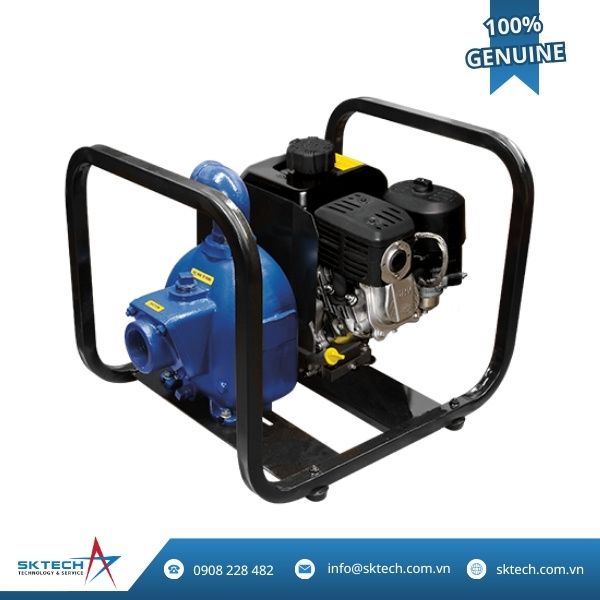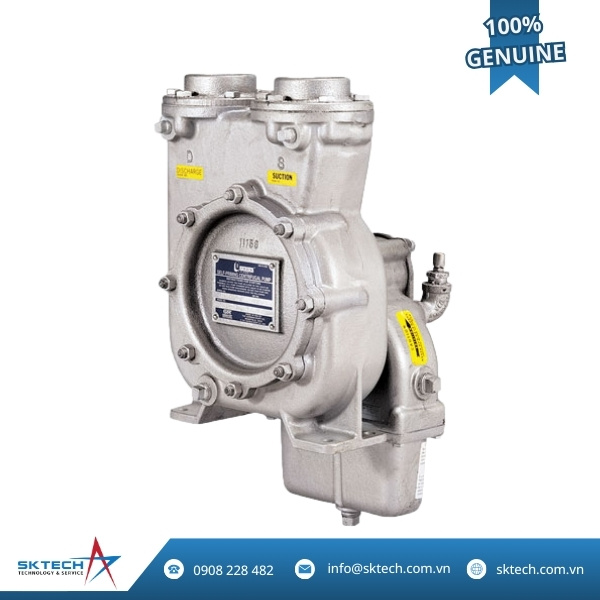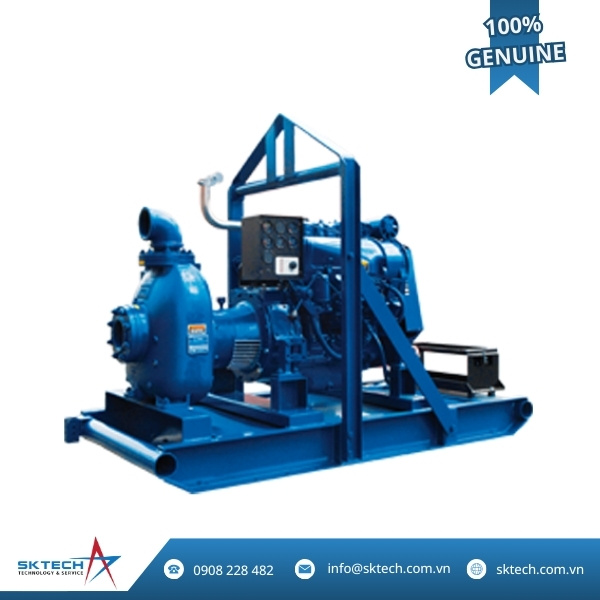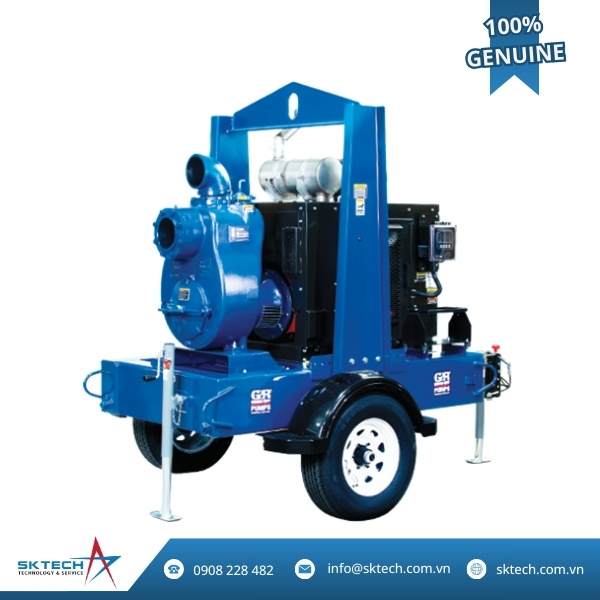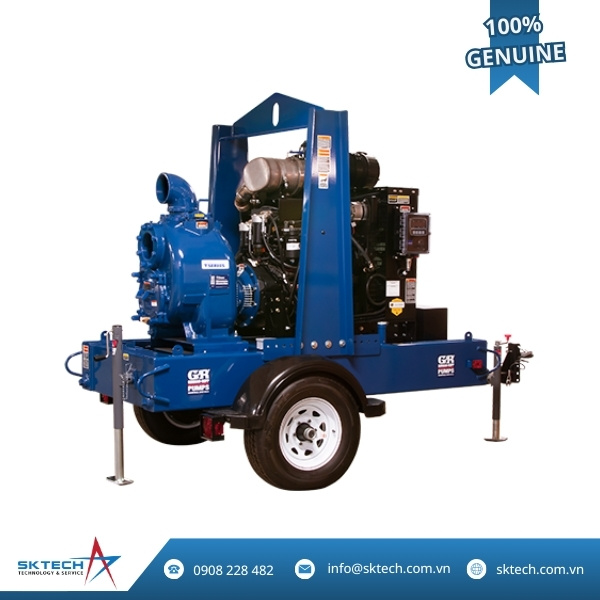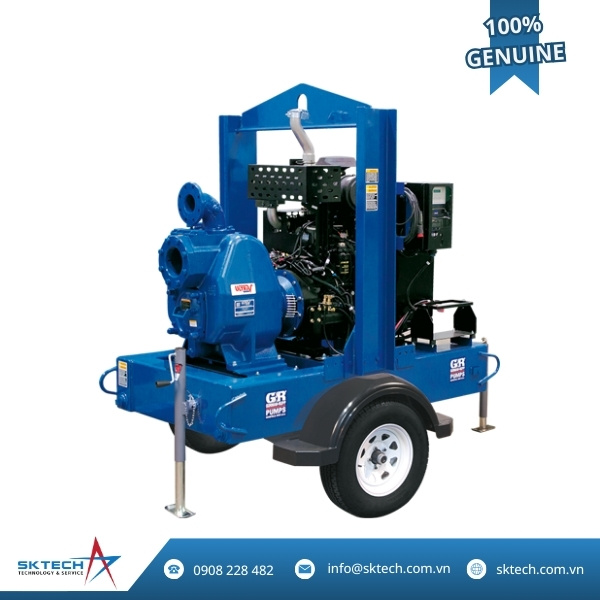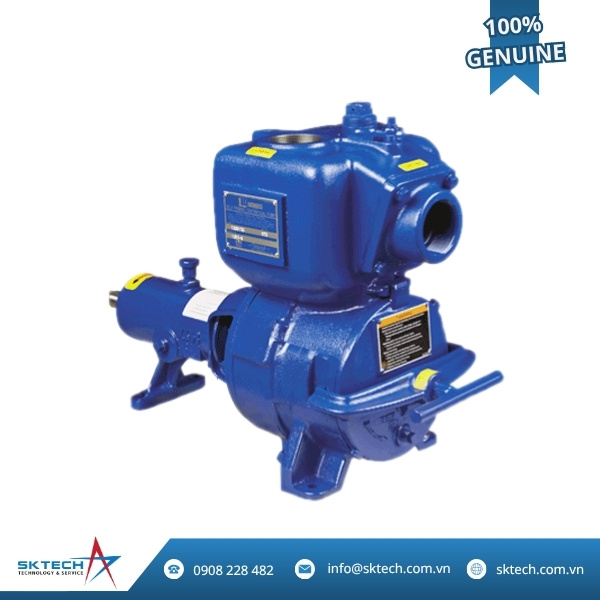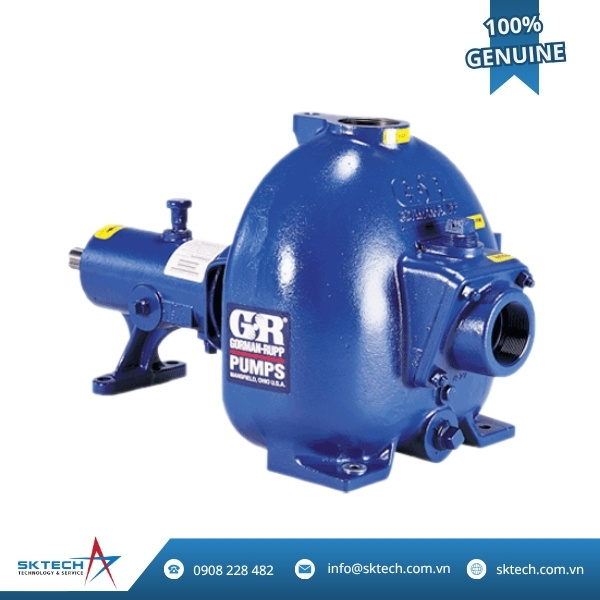A self-priming pump is a type of centrifugal pump that is designed to clear air from the suction line and start pumping fluid without the need for manual priming. It combines the benefits of a standard centrifugal pump with a special priming chamber that helps evacuate air and allows continuous operation even when air enters the system.
Unlike standard centrifugal pumps, which require the casing to be manually filled with liquid before operation, self-priming pumps can automatically re-prime themselves after initially being filled once. This makes them especially valuable in applications where the pump may occasionally run dry or experience interrupted flow.
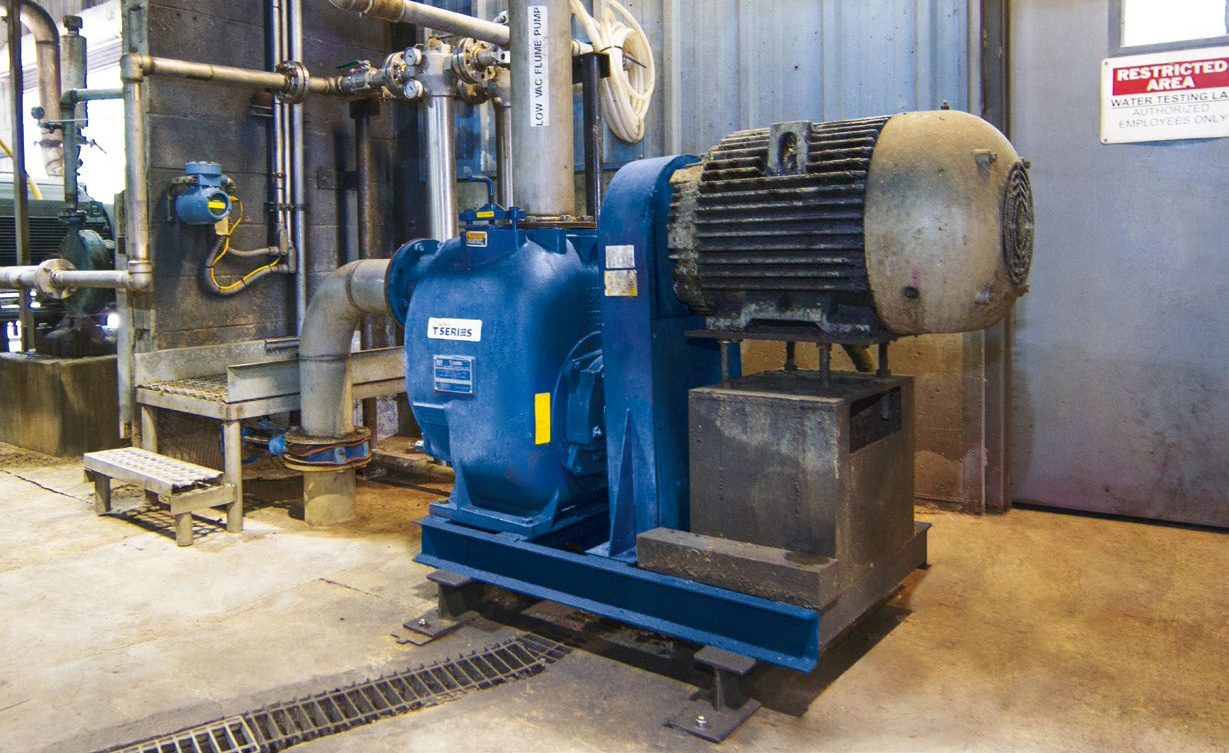
Applications
Self-priming pumps are widely used across multiple industries due to their versatility and reliability. Typical applications include:
- Municipal wastewater treatment
- Industrial sludge and slurry pumping
- Construction site dewatering
- Agricultural irrigation systems
- Chemical and corrosive fluid handling
- Food and beverage processing
- Marine bilge and fluid transfer
- Mining and quarry operations
FAQ – Frequently Asked Questions
What are the advantages of using a self-priming pump?
Self-priming pumps can evacuate air from the suction line and start pumping without manual priming. They are ideal for applications requiring easy maintenance, solid-handling capability, and reliable operation even in intermittent use.
Can self-priming pumps handle abrasive or solid-laden fluids?
Yes. Many self-priming pumps are specifically designed to handle fluids with high solids content, including sewage, slurry, and abrasive industrial waste. Choosing the right model depends on the size and type of solids.
Which brands of self-priming pumps are distributed by SK Tech?
SK Tech is an official distributor of world-renowned self-priming pump brands including Gorman-Rupp (USA) and GEKO Pumpen (Germany). These pumps are trusted for industrial, municipal, and heavy-duty applications.
How often should self-priming pumps be maintained?
Maintenance frequency depends on the application, fluid type, and operating hours. However, regular checks every 3–6 months are recommended to inspect wear parts, clean the pump chamber, and ensure reliable priming.





